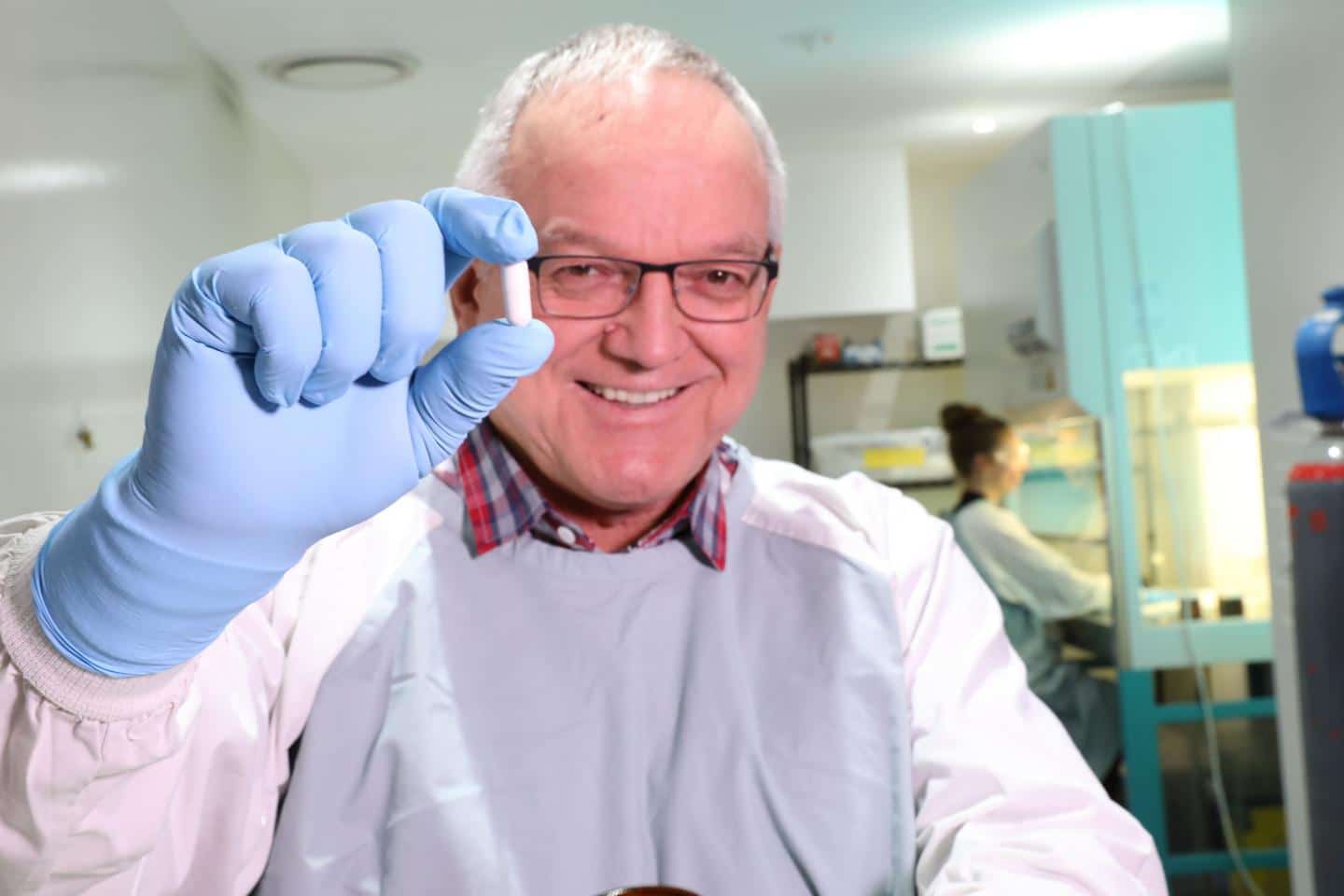The Center for Digestive Disease (CDD) led by Professor Thomas Borody has treated Crohn's disease.
Professor Borody will be recognized internationally for the treatment of Crohn's disease. It is already for the treatment of stomach ulcers caused by Helicobacter Pylori. It is also a leader in the transfer of microbiota fecal (FMT) and pioneered the innovative treatment process in Australia.
Crohn's disease was an incurable and debilitating bowel disease to date with nearly 3 million people affected globally.
Treatment for Crohn's disease has been a global priority with 1.455 published clinical research studies.
How the cure for Crohn's disease was found
Here is how the scientific journal reported the magnificent news Gut Pathogens: “Prolonged remission was achieved with individualized treatments”. The patients involved in the study all abandoned any therapy.
Professor Borody and his team have devised a treatment of combinations and doses of specific antibiotics and / or FMT.
What is FMT?
FMT is where bacteria from a healthy donor's gut microbiome are transferred into the gut of a patient with a damaged gut ecosystem, to repopulate the gut with a healthy, balanced microbiome.
Every year, Crohn's disease causes frequent hospitalizations and surgical procedures and is life-threatening.
The research study was funded by the CDD and involved 10 Australian patients. The team was led by Professor Borody and included dr. Gaurav Agrawal, dr. Annabel Clancy and dr. Roy Huynh.
Professor Borody supervised over 37.000 FMT processes at the CDD. He is by far the most experienced FMT specialist in the world. He and his world-class team use FMT to treat and manage a variety of intestinal health conditions.
“Crohn's disease is a chronic inflammatory process of the digestive tract characterized by deep ulcerations, skip lesions, transmural inflammation, fistulas, and granulomas, with no known cure. It has a negative impact on many aspects of quality of life, including physical, social, psychological and sexual. “
Crohn's disease is increasing in incidence and has a high morbidity. Current treatment uses immunosuppressants but efficacy is suboptimal and relapse is common.


